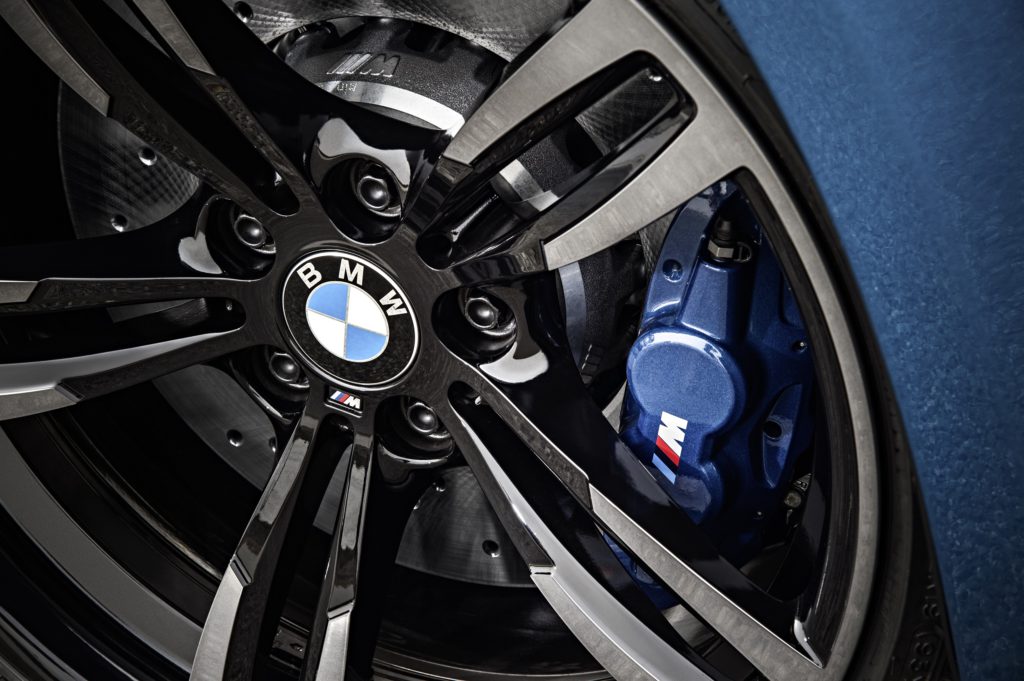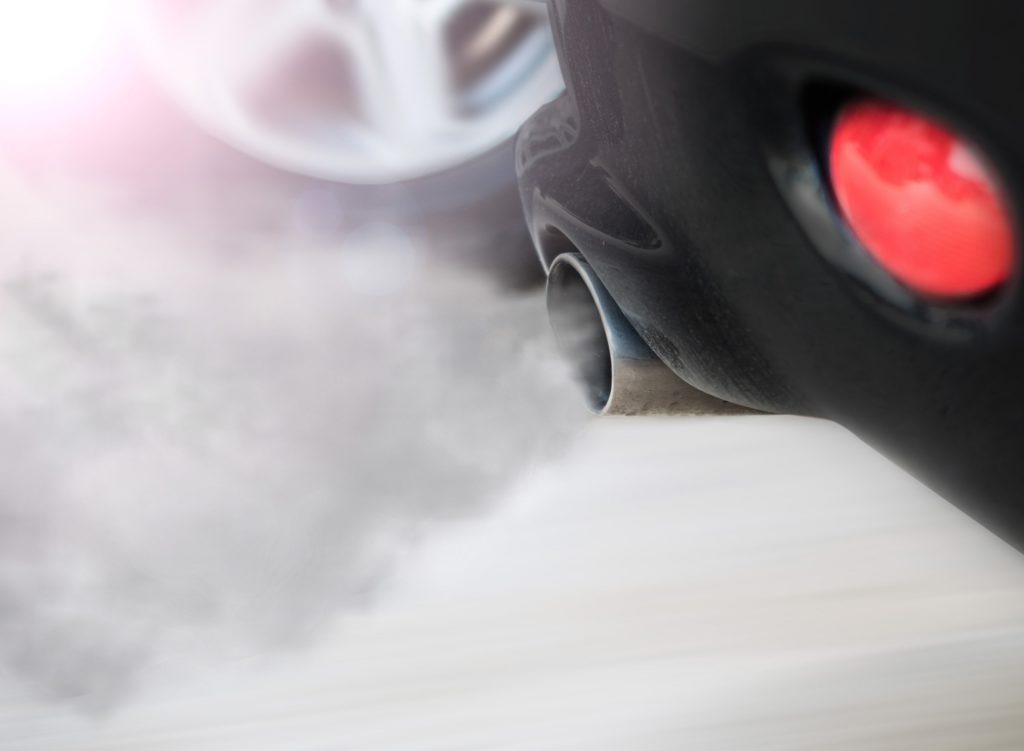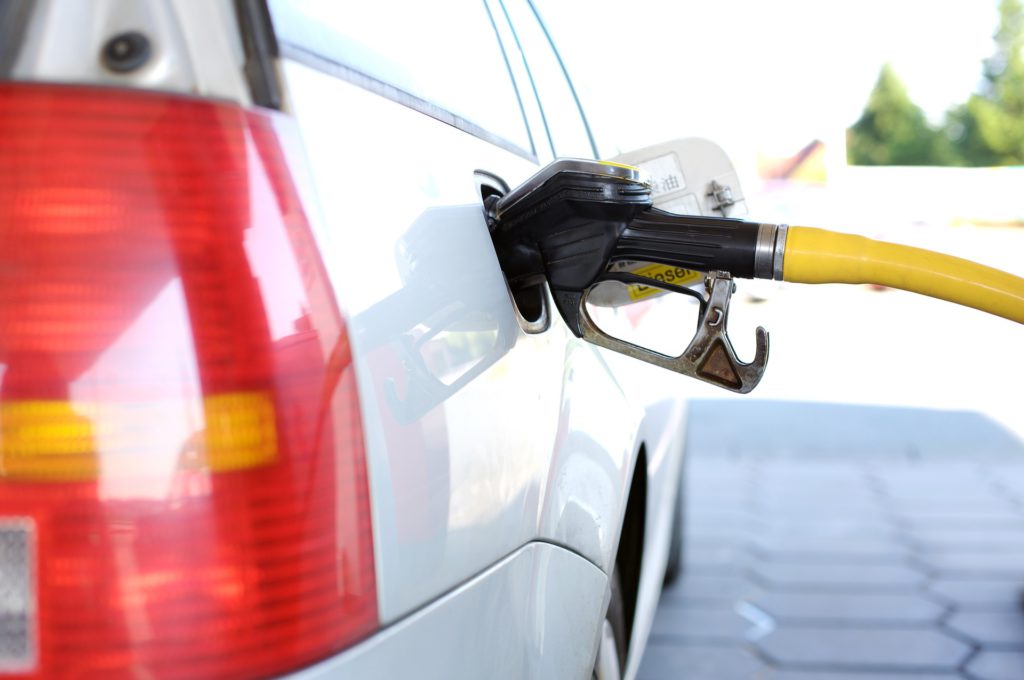Emissions-cartel manufacturers fined by European Commission
09 July 2021
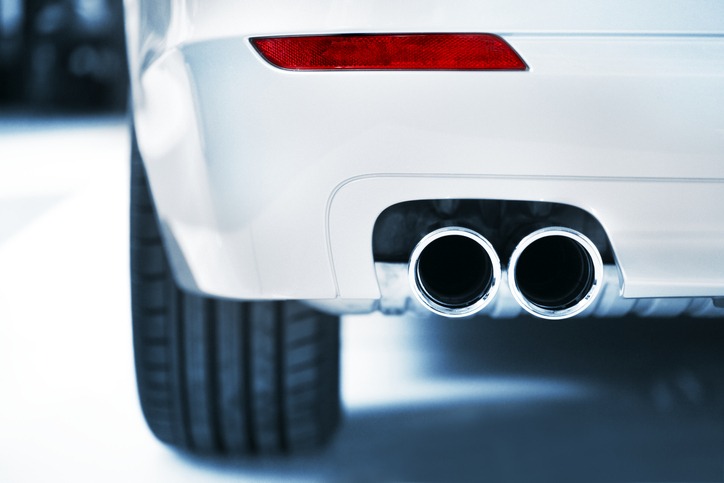
The European Commission has found that Daimler, BMW and Volkswagen (VW) Group, through the VW, Audi and Porsche brands, breached EU antitrust rules by running a cartel on technical development in the area of nitrogen-oxide (NOx) cleaning.
The Commission has imposed a total fine of €875,189,000 on the three companies. Daimler avoided any financial penalty as it was the whistle-blower, while VW Group applied for leniency and BMW settled the matter after arguing its case.
The car manufacturers held regular technical meetings to discuss the development of the selective catalytic-reduction (SCR) technology, which eliminates harmful nitrogen-oxide (NOx) emissions from diesel passenger cars through the injection of urea (also called “AdBlue”) into the exhaust-gas stream. During these meetings, and for over five years, the car manufacturers colluded to avoid competition on cleaning better than what is required by law, despite the relevant technology being available.
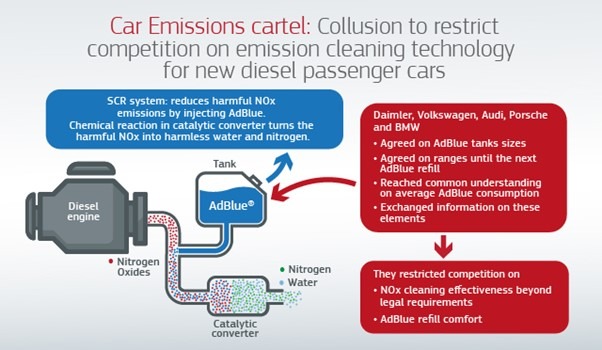
Settlement achieved
According to BMW, the Commission dropped most of the charges relating to the carmaker. In particular, the Commission’s findings revealed that there was no question of the cartel incorporating ‘defeat devices’ to lower vehicle emissions under test conditions. This system triggered the Dieselgate scandal.
‘The European Commission has once again confirmed that the investigation concluded with this settlement solely concerned possible infringements of competition law,’ the carmaker said. ‘The fine notice issued by the European Commission also states that there is no indication of collusion between the parties relating to the use of prohibited defeat devices to manipulate exhaust-gas tests. This underlines that there has never been any allegation of unlawful manipulation of emission-control systems by the BMW Group.’
As the Commission accepted BMW’s argument against this portion of the investigation, the German carmaker accepted a proposed settlement figure to bring proceedings to an end.
Carmaker fines in emissions-cartel investigation
| Leniency reduction | Settlement discount | Final amount | |
| Daimler | 100% | 10% | €0 |
| VW Group | 45% | 10% | €502,362,000 |
| BMW | 0% | 10% | €372 827,000 |
In setting the level of fines, the Commission took into account the value of the parties’ sales of diesel passenger cars equipped with SCR systems in the European Economic Area (EEA) in 2013 (the last full year of infringement), the gravity of the breach and the geographic scope.
An additional reduction was applied for all parties, given that this is the first cartel-prohibition decision based solely on a restriction of technical development and not on price-fixing, market sharing or customer allocation.
Under the 2006 Leniency Notice:
- Daimler received complete immunity, thereby avoiding an aggregate fine of around €727 million.
- VW Group benefited from a reduction of the fine under the 2006 Leniency Notice. The reduction reflects the timing of the cooperation and the extent to which the evidence the carmaker provided helped the Commission prove the cartel’s existence.
In addition, the Commission applied a reduction of 10% of the fines under the 2008 Settlement Notice due to acknowledging participation in the cartel and liability.
‘The five car manufacturers Daimler, BMW, Volkswagen, Audi and Porsche possessed the technology to reduce harmful emissions beyond what was legally required under EU emission standards,’ said executive vice-president of the Commission Margrethe Vestager, in charge of competition policy. ‘But they avoided competing on using this technology’s full potential to clean better than what is required by law.
‘So, today’s decision is about how legitimate technical cooperation went wrong. And we do not tolerate it when companies collude. It is illegal under EU antitrust rules. Competition and innovation on managing car pollution are essential for Europe to meet our ambitious Green Deal objectives. And this decision shows that we will not hesitate to take action against all forms of cartel conduct putting in jeopardy this goal.’
BMW defence
Since the allegations of the cartel were first revealed, BMW has defended its involvement and stated the company had done nothing wrong. The carmaker considered the claims made at that time to be ‘exaggerated and unjustified’. For this reason, unlike the other competitors involved, the company did not prematurely admit its guilt by applying for leniency.
Its statement concerning the fine reveals that the carmaker was concerned about being accused of running defeat devices as part of its emissions systems, as both VW Group and Daimler have been. VW’s admission of guilt in the US led to fines of around $30 billion (€25.3 billion).
BMW had put aside around €1 billion in preparation for any penalty related to the emissions cartel. Its settlement figure is just over a third of this amount.
‘From the BMW Group perspective, these discussions [with VW Group and Daimler] were aimed at creating a customer-friendly AdBlue filling infrastructure, to be built by the petroleum industry,’ the carmaker said. ‘A marketable filling solution was crucial to enabling wide-scale use of the highly- efficient SCR system for exhaust-gas treatment. The discussions were clearly not held in secret. On the contrary, the aims pursued were openly communicated to the petroleum industry and within the VDA and ACEA associations. The European Commission also confirmed this.’
The carmaker acknowledged that excessive transparency might also be prohibited under competition law, even though customers were not disadvantaged in any way.
